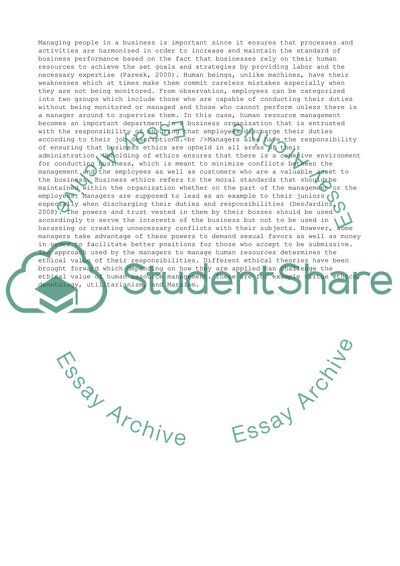Cite this document
(Business Ethics Essay Example | Topics and Well Written Essays - 1500 words - 8, n.d.)
Business Ethics Essay Example | Topics and Well Written Essays - 1500 words - 8. https://studentshare.org/management/1560793-business-ethics
Business Ethics Essay Example | Topics and Well Written Essays - 1500 words - 8. https://studentshare.org/management/1560793-business-ethics
(Business Ethics Essay Example | Topics and Well Written Essays - 1500 Words - 8)
Business Ethics Essay Example | Topics and Well Written Essays - 1500 Words - 8. https://studentshare.org/management/1560793-business-ethics.
Business Ethics Essay Example | Topics and Well Written Essays - 1500 Words - 8. https://studentshare.org/management/1560793-business-ethics.
“Business Ethics Essay Example | Topics and Well Written Essays - 1500 Words - 8”. https://studentshare.org/management/1560793-business-ethics.


